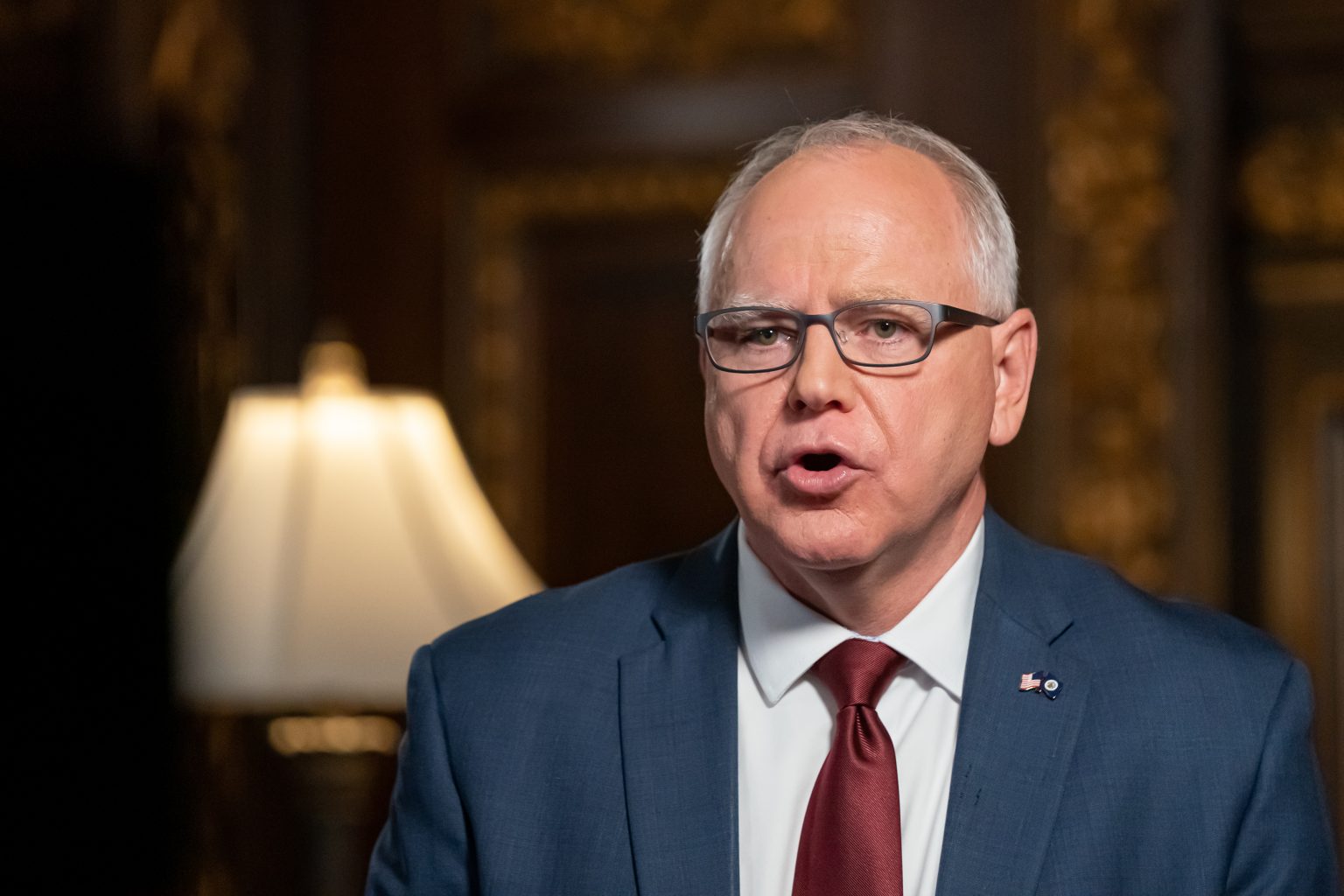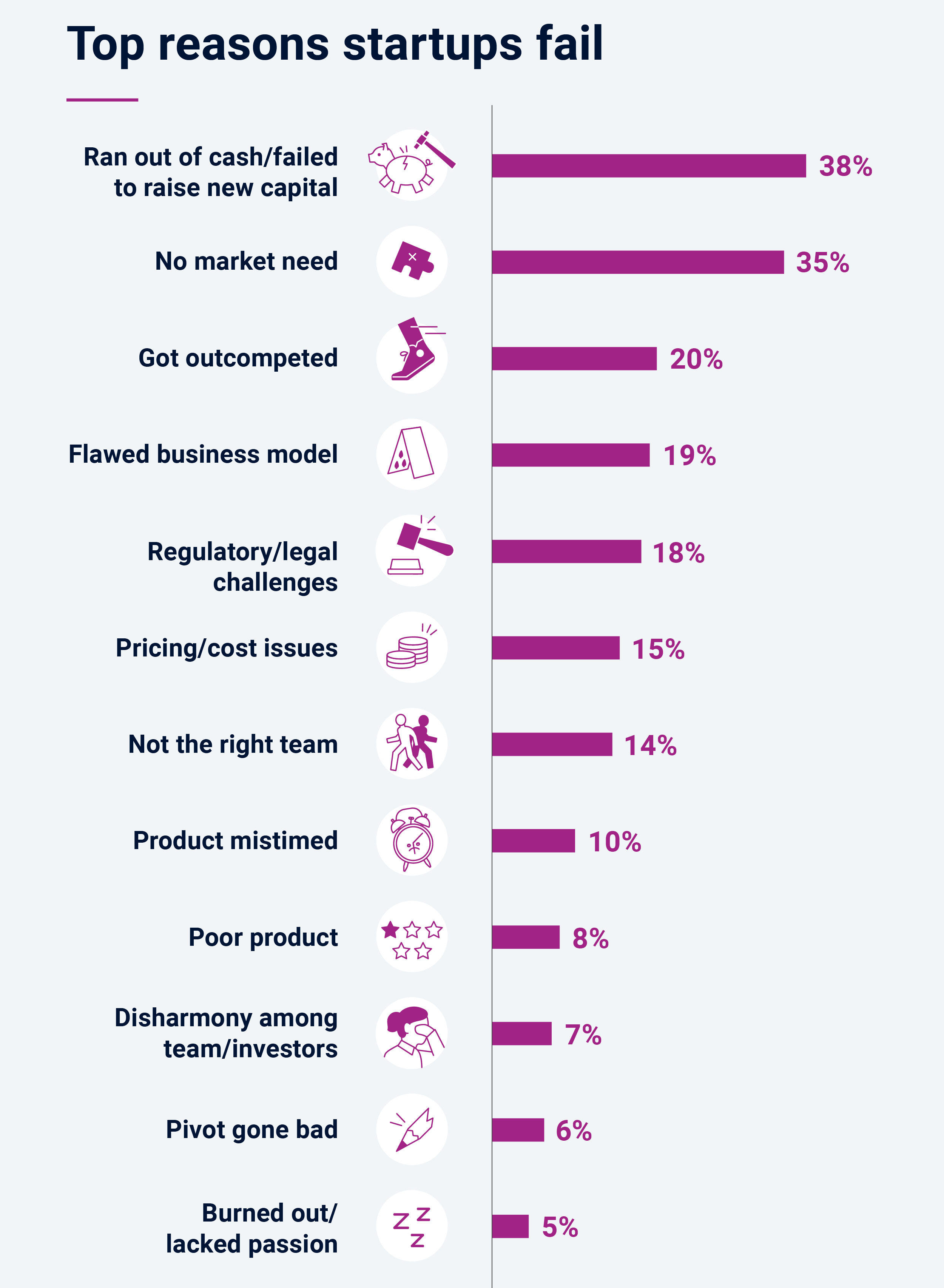Tim Walz is the Governor of Minnesota and the Democratic vice presidential nominee for this coming election from the Democratic Party of America.
When Tim Walz was a member of Congress in 2019, his financial disclosures indicated that he had a net worth below $1 million. This is in contrast to the kind of wealth that can be found among many other politicians. And it reflects his dedication to community service throughout his life. His emphasis is on public service to society instead of satisfying personal interests.
These personal financial disclosures of Walz indicate that he has mainly state and teacher pension plans as his investments. And he does not have any shares or land as well. While this seems like a strange situation for a politician of his level. And this also confirms the common perceptions about him among the masses. They perceive him as serving them more than his self-interest.
Tim Walz’s Net Worth
Although Walz’s net worth is relatively low, he draws a decent salary as the governor of Minnesota, to the tune of $127,629 as of 2024. He has declined. However, the proposed pay increase would have raised his salary to nearly $149,550 in the current proposal. Thus standing up for fiscal responsibility and showing leadership by example.
In addition to the salary as governor, Walz draws pensions from the military and as a public school teacher which could be a substantial $800,000 plus when federal retirement benefits are taken into account.
Walz and his wife Gwen, a teacher, reported having a combined income of about $166,719 in 2022. Their financial profile is marked by not having investments in stocks or real estate, which would be unusual at this level of politics. Their savings are primarily invested in savings, pensions, and in a 529 college savings plan for their children.
Walz’s modest net worth and his focus on public service have earned him a place in the hearts of many Minnesotans and have helped to grow his political journey. On the campaign trail with Kamala Harris, his financial profile is one of the main points that attract voters who value the authenticity and reliability of their leaders.
When compared to other political figures, Walz’s financial situation is quite modest. For instance, his net worth is significantly lower than that of other candidates, such as Vice President Kamala Harris, whose net worth is estimated at around $8 million, or former President Donald Trump, whose wealth is reported to be in the billions. This clean image highlights Walz’s appeal as a candidate representing the middle class, which could echo with voters who prioritize the economic relatability and integrity of the leaders.
Having no real estate under his name, Walz and his spouse are presently residing in a governmental interims house as their governor’s mansion is being renovated. No holding of shares or other securities can be found in his financial records which is somewhat unexpected in a politician’s career. The STOCK Act also conforms to his drive for political and financial transparency when he introduced the act when he was in Congress.
The financial profile of Tim Walz shows that he is more of a public servant than a career politician interested in making money. His worth which is estimated to be less than $1 million shows his commitment to the people over his interests.
This dimension of his personality could be central to his popularity among electorates whom wealthier political aspirants usually attract. Thus, during his campaign together with Kamala Harris, Walz’s low financial status may make him more accessible to constituents valuing realness and familiarity with their leaders.








